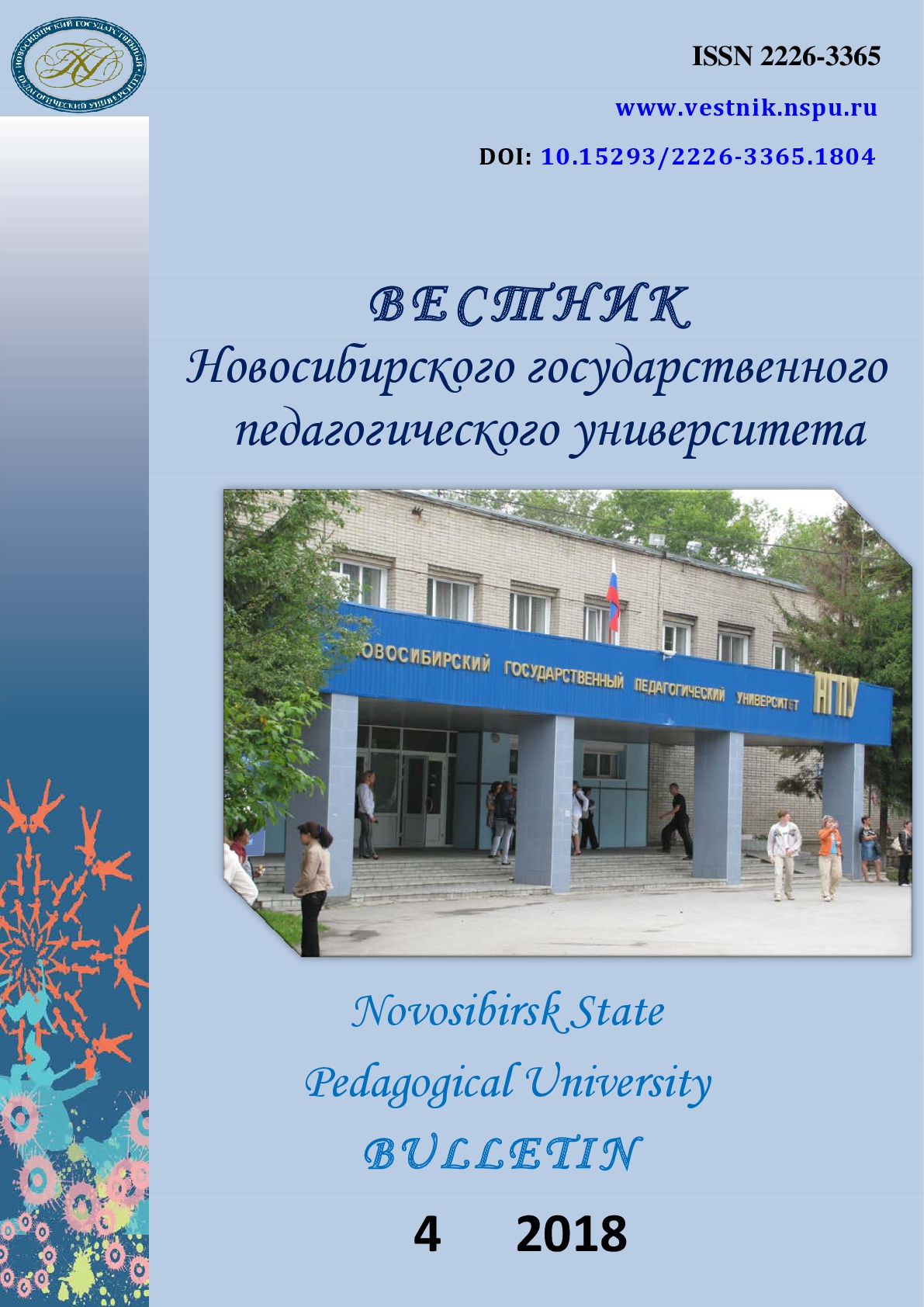Культурно обусловленные стратегии и аспекты исследования инициативы «Один пояс – один путь»
Cultural strategies and aspects of research the "One Belt One Road" initiative
Author(s): Tatiana Vladimirovna Bernyukevich, Sun Yan, Nikita Vladimirovich GolovkoSubject(s): International relations/trade, Geopolitics
Published by: Новосибирский государственный педагогический университет
Keywords: One Belt One Road Initiative; regional cooperation; cross-border cooperation; interaction of cultures; China; Russia; Europe;
Summary/Abstract: Introduction. The “One Belt One Road” Initiative is a global integration project, one of the most significant practical aspects of which is the problem of cross-border cooperation. The article is devoted to the identification of the specifics and interaction of global and regional development vectors and their role in strategies and trends of cross-border and regional cooperation within the Initiative framework. On the basis of the analysis of a number of works by Russian, European and Chinese authors, the article aims to summarize the existing ideas about local mechanisms and specific practices of cross-border cooperation, as well as the prospects for the strategic partnership between China and other countries within the Asian-European integration, to emphasize the significance of cultural and institutional differences between the engaged countries for the realization of the Initiative goals. Materials and Methods. The article selectively analyzes the research papers of a number of Russian, European and Chinese authors devoted to geopolitical interests and practices of cross-border cooperation within the framework of the “One Belt One Road” Initiative. Consideration of the features of global and regional development vectors in diverse research literature makes it possible to focus attention on the issues of determining exactly the local mechanisms for realizing the practices of international cooperation. Results. A comprehensive approach to analyzing not only the geopolitical goals of the “One Belt One Road” Initiative, but also their interfacing with local practices of cross-border cooperation, helps to determine the directions of transformation in the implementation of the Initiative at the regional level. The authors showed that the appropriate content of cross-border cooperation projects should not only take into account the heterogeneous significance of the “One Belt One Road” Initiative for different countries (primarily Central Asia, Russia, Europe and border regions), but also take into account the actual situation of local border conditions of interaction. For the full implementation of the “One Belt One Road” Initiative concrete steps are needed to create and support specific regional institutions for cooperation, to develop existing institutions of state cooperation of the countries that are part of the Initiative. Conclusions. In most of the analyzed works by Russian, European and Chinese authors, the “One Belt One Road” Initiative is recognized as a project, which is linked to the prospects for stabilizing the political situation in the world, and the prospects of economic growth and economic integration. The geopolitical significance of the “One Belt One Road” Initiative is emphasized by a whole range of stated expectations (socio-political, socio-economic, institutional, strategic, cultural, etc.) related to its implementation, but the modernization of specific aspects of interaction between states, the development of cultural practices which meet the objectives of the initiative – all this remains at the level of a statement of intent. The importance of global economic integration is clear to everyone, but when it comes to specific projects, in particular in the field of cross-border cooperation, then good undertakings face a harsh reality – many countries are not ready for an equal participation in integration, either institutionally or culturally.
Journal: Вестник Новосибирского государственного педагогического университета
- Issue Year: 8/2018
- Issue No: 4
- Page Range: 109-125
- Page Count: 17
- Language: Russian

